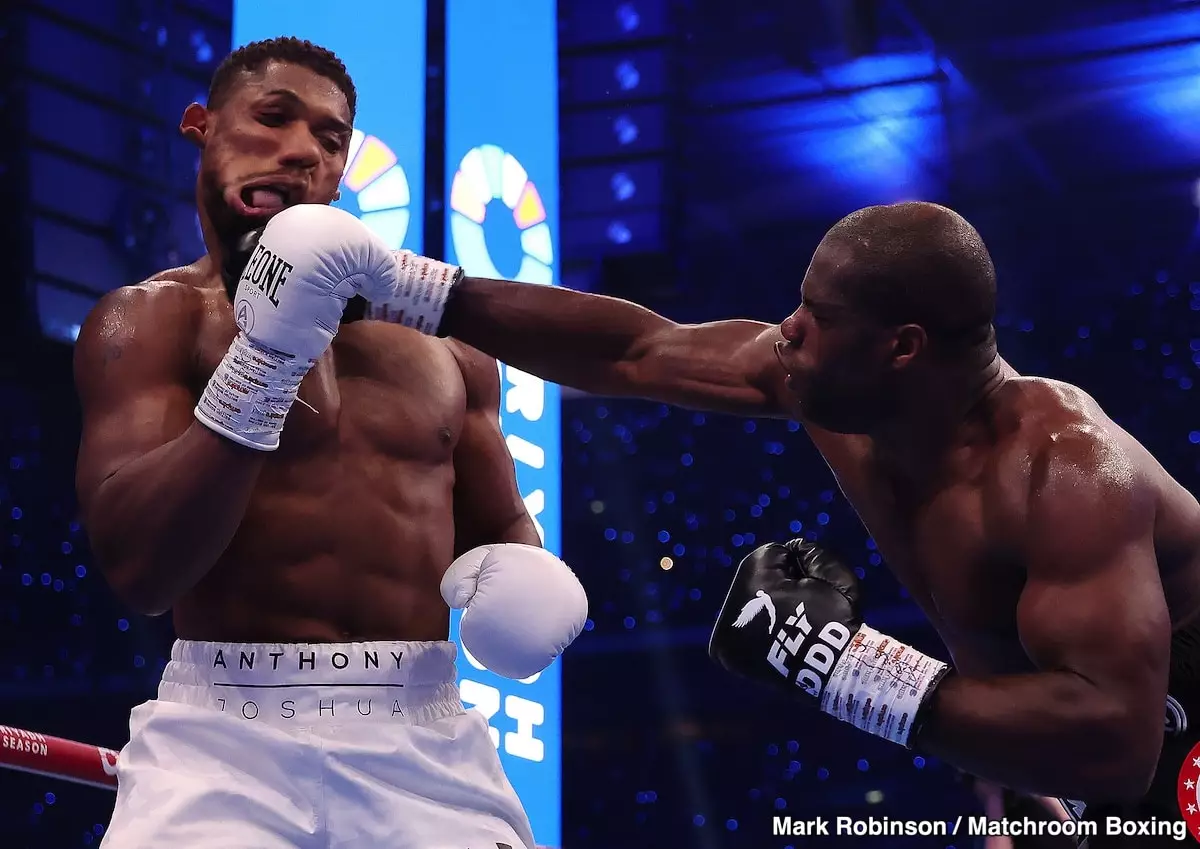The heavyweight boxing landscape has seen remarkable transformations over the years, with two figures dominating the narrative: Anthony Joshua and Deontay Wilder. Once revered as the giants of the division, both fighters have endured harsh realities following their careers’ zenith. With recent losses haunting their paths, the possibility of a match between them seems ever more uncertain. Yet, the lingering allure of such a fight begs the question: do we truly want to see these legends clash again, or is it better left to the annals of “what could have been”?
When Anthony Joshua and Deontay Wilder rose to boxing prominence, their unmatched charisma and knockout power carved out a massive fan base. Joshua, with his chiselled physique and accolades, became an emblem of British boxing, while Wilder, with his explosive right hand and dazzling personality, redefined American heavyweight boxing. The anticipated matchup between these two titans during their peak years, particularly around 2018-2019, stirred excitement among fans and analysts alike, projecting what could have been a defining moment in boxing history.
However, fate has led both fighters down a treacherous path. Joshua faced a shocking defeat at the hands of Andy Ruiz Jr., an event that shifted the narrative around him. From being the poster boy of boxing to facing skepticism, Joshua’s confidence appeared shaken. Wilder’s path has been equally tumultuous; his stunning loss to Tyson Fury in their rematch signalled a significant decline for the “Bronze Bomber.” More recently, Wilder found himself on the receiving end of an onslaught from Zhilei Zhang, which further complicated his standing in the sport.
As both fighters grapple with these tough losses, the discourse surrounding their potential retirement intensifies. Joshua’s recent brutal defeat by Daniel Dubois adds another layer to his already complex situation. The overwhelming sense of urgency around their respective futures raises concerns—not just about their past glories, but their present capabilities. Many pundits have suggested that both men have seen better days, with their once-mighty punching powers now overshadowed by newfound vulnerabilities.
Despite these setbacks, there exists a flicker of hope for their return. Joshua’s promoter, Eddie Hearn, implies that the former champion is willing to continue fighting, looking possibly towards a rematch with Dubois. But the uncertainty looms. Wilder has withdrawn from the limelight, allowing his trainer Malik Scott to communicate on his behalf. In his interviews, Scott has indicated that a Wilder comeback is plausible, even hinting at the potential for the long-desired fight against Joshua.
In an era where boxing thrives on marketability and public interest, the idea of Joshua versus Wilder is tantalizing. However, it begs the question: should this fight even take place? The once mouthwatering encounter bears the scars of time; both men now find themselves as shadows of their former selves, with questionable punch resistance and elevated ages impacting their performances.
Should they meet in the ring again, the match’s essence would likely depend on who lands first. The inherent danger of witnessing two former champions—once at their prime but now reeling from damaging defeats—collide raises ethical questions about the motivations behind such a fight. With Wilder nearing 40 and Joshua struggling to regain his footing, a potential matchup seems more about capitalizing on nostalgia rather than showcasing elite athleticism.
The concept of retirement is a complicated one for athletes, especially for warriors of the ring. Joshua and Wilder have built legacies filled with triumphs and memorable moments, but exiting the sport after a crushing loss often feels insurmountable. This emotional struggle is compounded by the pressure from fans and the boxing community alike.
While the retirement conversations swirl around both boxers, the real challenges lay within themselves. The decision to step away must reconcile past achievements with current realities. Both fighters have financial security; they have made their mark on the sport, but the inner drive to compete and reclaim glory often proves too powerful to ignore.
The narrative surrounding Anthony Joshua and Deontay Wilder has evolved into a complex tapestry of hope, despair, and nostalgia. While the natural inclination is to dream of a grand showdown between two heavyweight legends, the tangible benefits of such an event remain questionable. With personal health and legacies hanging in the balance, we must ask ourselves: Is it time for these titans to embrace their pasts and let the dream of their matchup fade into legend, or does the allure of one last fight prove too enticing to resist? In the world of heavyweight boxing, the answers may forever reside in the hearts of those who watched them dominate, leaving fans to ponder what once was and what could have been.

